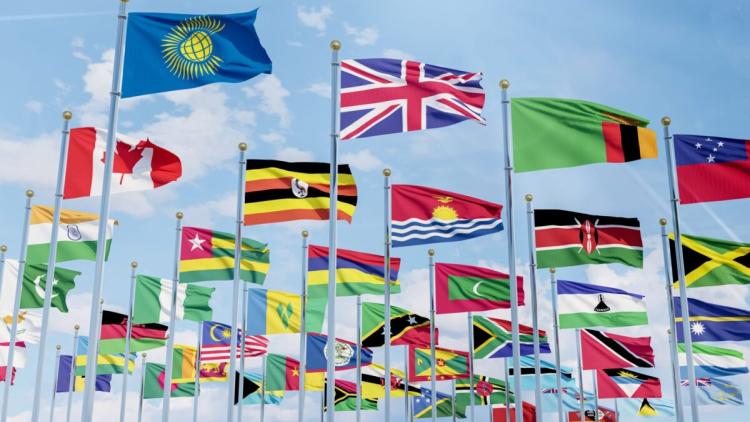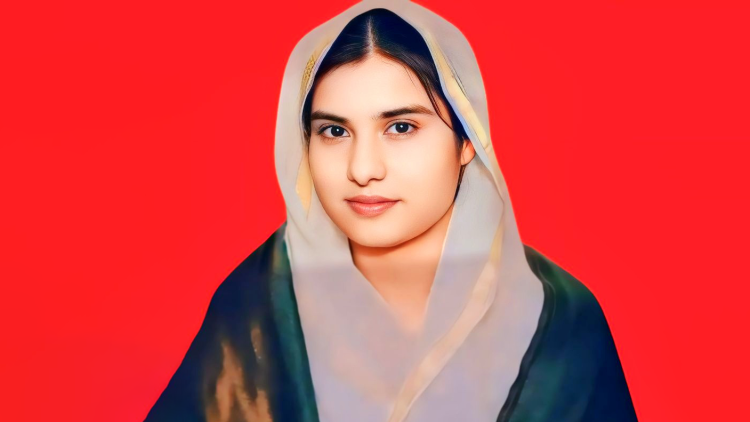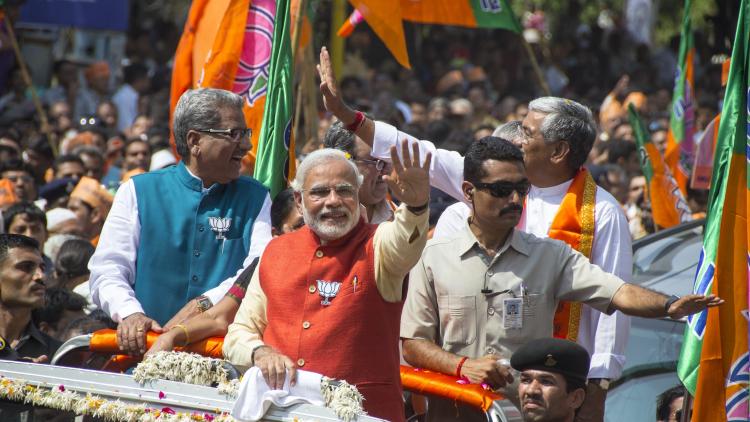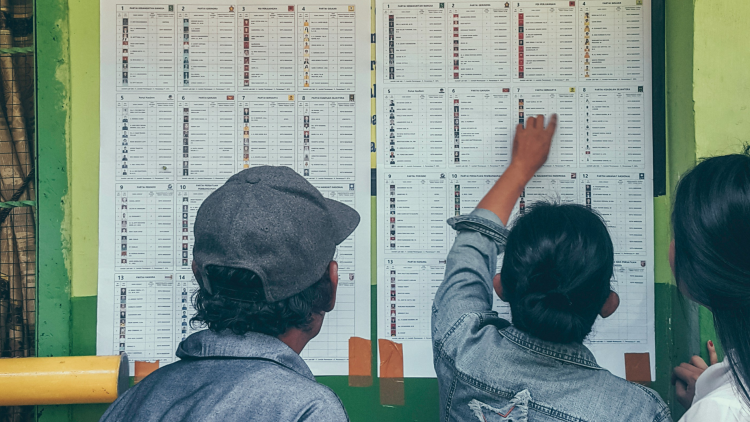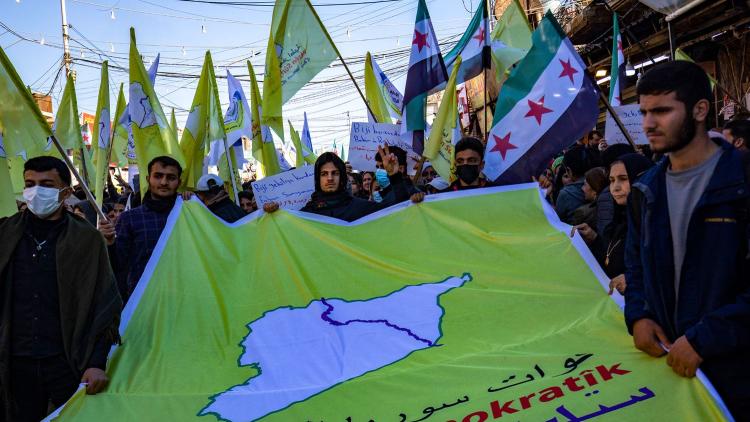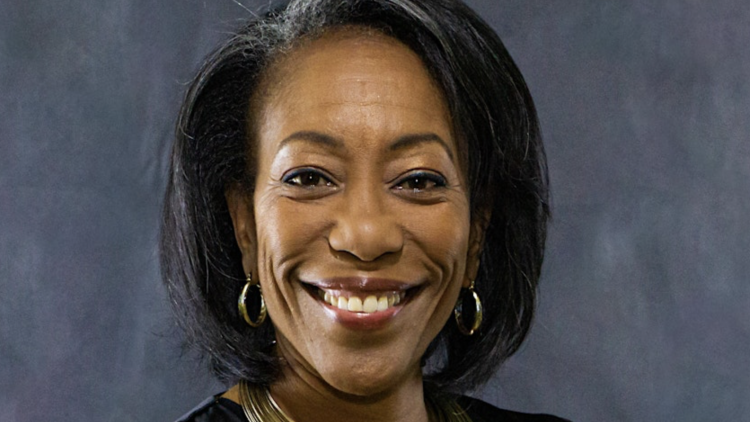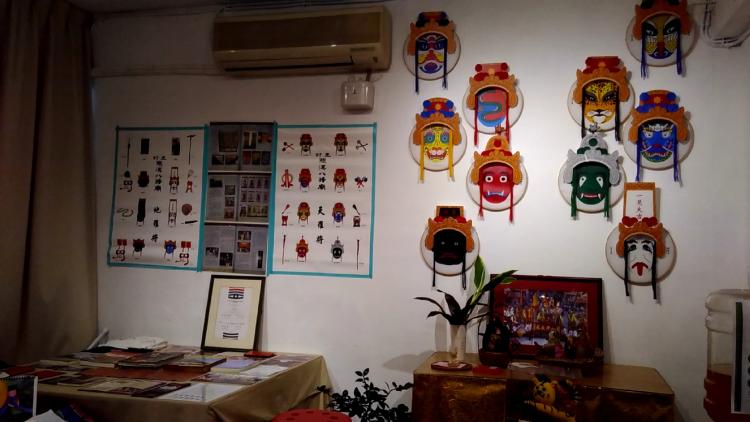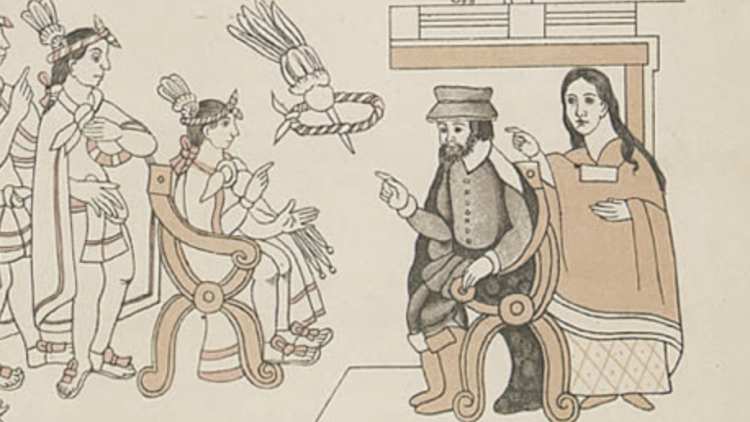MSc Politics and International Relations
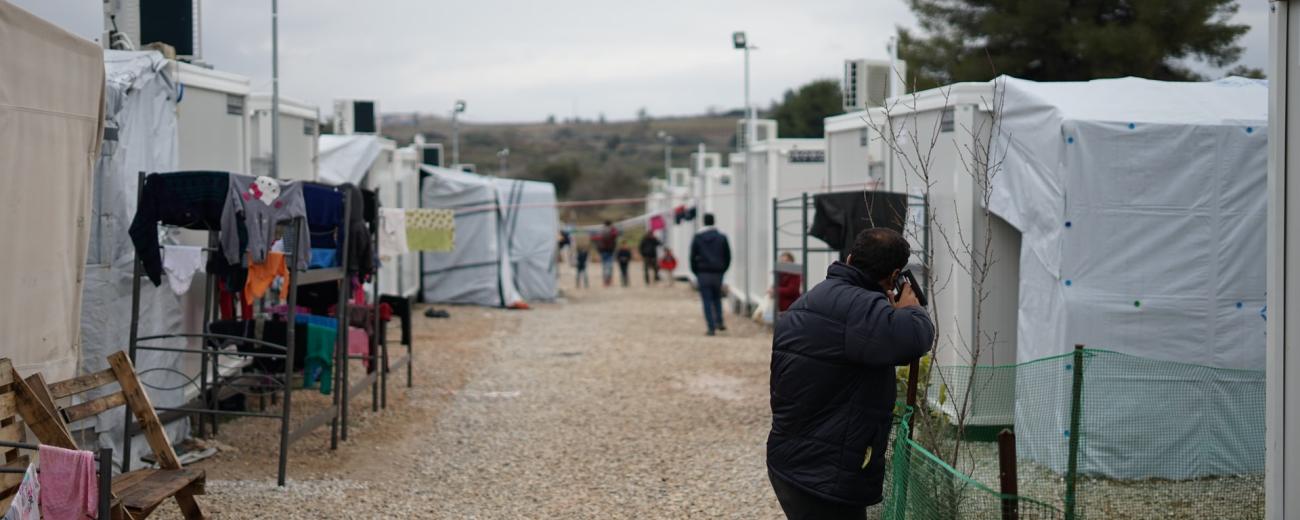

Key information
- Duration
- 1 year
- Start of programme
- September
- Attendance mode
- Full time or part time
- Location
- On Campus
- Fees
-
Home: £12,965
International: £25,320 - Course code
- PGTF0273
- Entry requirements
-
We will consider all applications with a 2:2 (or international equivalent) or higher in a relevant subject.
In addition to degree classification in a relevant subject we take into account other elements of the application such as the supporting statement. References are optional, but can help build a stronger application if you have non-traditional qualifications.
Course overview
The MSc Politics and International Relations examines the global, international, regional, and local politics of Asia, Africa, and the Middle East, providing theoretical frameworks and practical tools to support rigorous forms of analysis and cutting-edge careers in a complex and fast-changing world.
From geopolitical strategy and human rights advocacy to international economic policies and deeply embedded forms of local political expertise, the degree offers specialized pathways to enhance your professional goals.
Students also have an opportunity to join international study tours curated by academic colleagues with leading practitioners across Asia, Africa, and the Middle East. The degree is designed for those working—or intending to work—in government and diplomacy, international organisations and NGOs, think tanks and advocacy groups, print and online media, global business, policy and risk analysis, or the academy.
The MSc Politics and International Studies is designed to train students in research skills to the level prescribed by the ESRC's research training guidelines. As a result, students are eligible for ESRC funding if they plan to study for our MSc degree followed by a PhD in our department.
Politics exit pathways
Depending on the modules you take, you will graduate with an MSc Politics and International Relations or on a specialist pathway. Our specialist pathways are:
- MSc Politics and International Relations (Africa)
- MSc Politics and International Relations (Central Asia)
- MSc Politics and International Relations (Conflict, Rights and Justice)
- MSc Politics and International Relations (East Asia)
- MSc Politics and International Relations (International Politics and Security)
- MSc Politics and International Relations (Middle East)
- MSc Politics and International Relations (Political Thought)
- MSc Politics and International Relations (South Asia)
- MSc Politics and International Relations (Southeast Asia)
Why study MSc Politics and International Relations at SOAS?
- We’re ranked 6th in the UK and 28th worldwide for Politics (QS World University Rankings 2025)
- We’re ranked 3rd globally for Academic Reputation (QS World University Rankings 2025)
- SOAS is unique - our global student body, multi-disciplinary approach, critical and questioning attitude contribute to a vibrant learning environment that stretches students beyond the focus on basic ‘skills training’
- Eligibility for ESRC funding for students who want to follow their MSc degree with a PhD
Study Tours
All postgraduate students can take part in our Study Tours and explore the world. This year’s destinations are New Delhi, Lahore, Seoul, Luang Prabang, Almaty, Bishkek, Kigali, Johannesburg, and Doha. For more information, see our Study Tours page.
Structure
Students take taught modules to the value of 120 credits PLUS a 10,000 word dissertation worth 60 credits.
Important notice
The information on the website reflects the intended programme structure against the given academic session. The modules are indicative options of the content students can expect and are/have been previously taught as part of these programmes.
However, this information is published a long time in advance of enrolment and module content and availability is subject to change.
Compulsory modules
Guided options
Students select from 15 to 45 credits of guided options.
Politics options
Students select 15-90 credits depending on your choices from the guided options list.
Teaching and learning
Modules are taught by a combination of methods, principally lectures, tutorial classes, seminars and supervised individual study projects. The MSc programme consists of three taught modules (corresponding to three examination papers) and a dissertation.
Lectures
Most modules involve a 50-minute lecture as a key component with linked tutorial classes.
Seminars
At Masters level there is particular emphasis on seminar work taking place in two-hour sessions. Students make full-scale presentations for each unit that they take, and are expected to write papers that often require significant independent work.
Dissertation
A quarter of the work for the degree is given over to the writing of an adequately researched 10,000-word dissertation. Students are encouraged to take up topics which relate the study of a particular region to a body of theory.
Learning resources
SOAS Library is one of the world's most important academic libraries for the study of Africa, Asia and the Middle East, attracting scholars from all over the world. The Library houses over 1.2 million volumes, together with significant archival holdings, special collections and a growing network of electronic resources.
Employment
SOAS Politics and International Relations students leave SOAS not only with a knowledge and understanding of the complex political and cultural issues of our time, but also with a portfolio of widely transferable skills which employers seek in many professional and management careers.
Recent graduates have been hired by:
- BBC World Service
- Bloomberg
- British Red Cross
- British Council
- Center for International Peace Operations
- Channel 4
- Council for At-Risk Academics (CARA)
- Eversheds LLP
- Financial Times
- Foreign, Commonwealth and Development Office (FCDO)
- Global Policy Institute
- Go East Consulting
- Grassroot Diplomat
- Palestine Red Crescent Association
- Save the Children
- UNICEF Ethiopia
- United Nations
Find out about our Careers Service.


